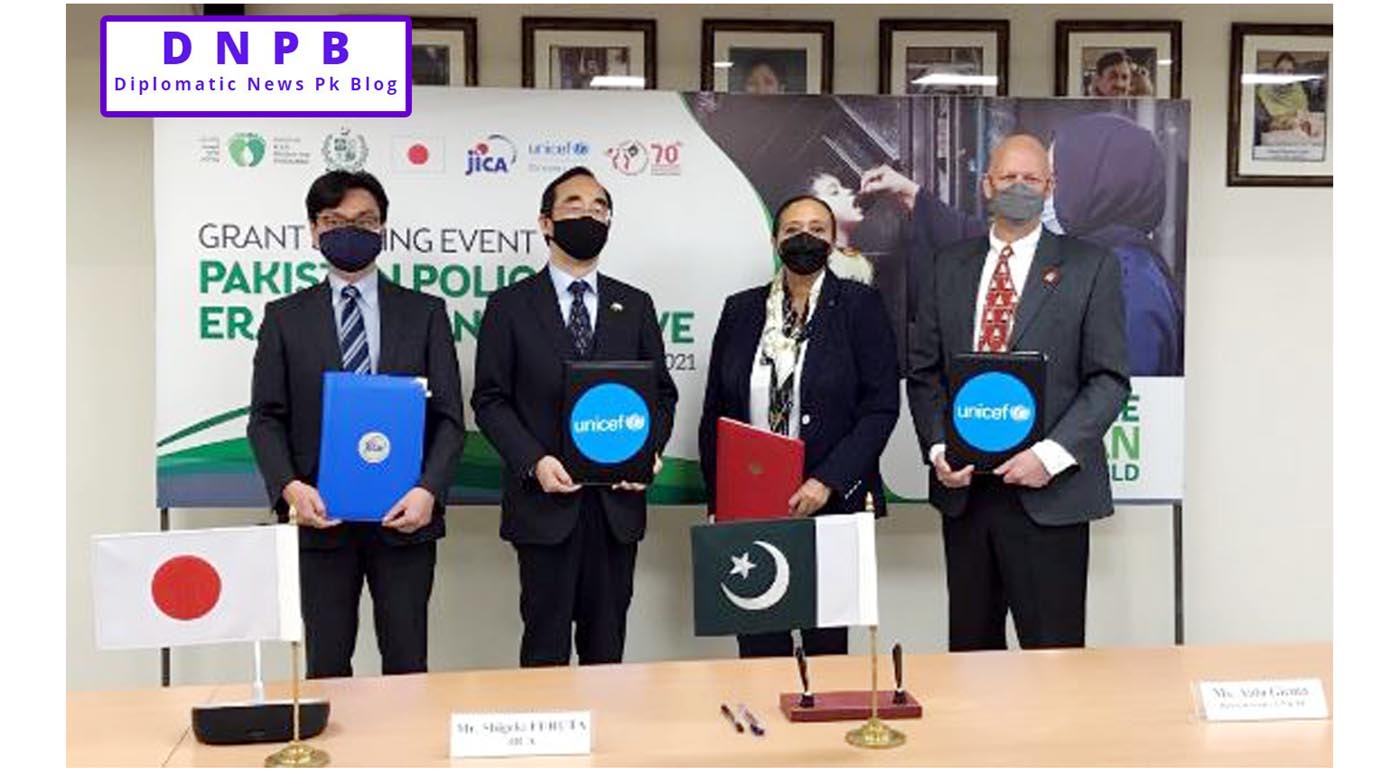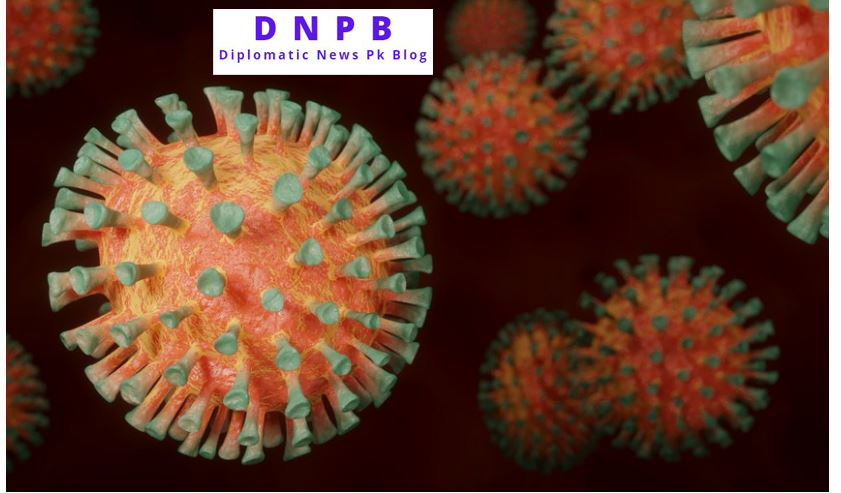ISLAMABAD, DEC 30: Healthwire, a health-tech startup and operator of one of the largest horizontally integrated ecosystem of healthcare service providers in Pakistan, has closed $3.3 Million in funding. The round drew participation from 47 Ventures, Habib Bank Limited, Dilsons Private Limited and angel investors from Silicon Valley.
Healthwire was founded by Hamza Iqbal, a LUMS graduate, with a vision to make access to quality healthcare accessible and affordable for every citizen of Pakistan. Since its inception, Healthwire has been singularly focused on digitizing the operations of doctors, clinics, hospitals, labs and pharmacies and now boasts the largest and most widely integrated platform of thousands of health care service providers in over 60 cities of Pakistan.
In a statement, co-founder and CTO of Healthwire, Muhammad Nabeel said “The patient-doctor interaction is the point where the whole healthcare ecosystem converges. By having this interaction on our health-tech platform, we can ensure that quality healthcare is accessible to patients in the remotest areas of the country. The economies of scale of the tech platform allow us to ensure that this access is affordable and inclusive.
Khurram Zafar, Managing Director of 47 Ventures, and a seed investor in Healthwire said, "We are excited to be doubling down on one of the stars in our portfolio. The growth and momentum that Healthwire has built even during the tough COVID period is a testament to the strength and resilience of the team. It is destined to become the health tech leader of Pakistan."
Sagheer Mufti, COO at HBL, commenting on the occasion said: “HBL is excited to invest in Healthwire, as it is an integrated healthcare digital platform. It will ease the customer journey and improve quality of healthcare, particularly multiple healthcare providers. Through provision of embedded banking services, to providers like hospitals, clinics, labs, health insurance providers and pharmacies will be able to serve, patients more effectively. HBL and Healthwire partnership seeks to expand access to quality and convenient healthcare in Pakistan. With the Healthwire investment. and collaboration, digital financial inclusion will be widened, reaffirming HBL's commitment to be a technology company with a banking license.”
Healthwire, building upon its strong presence in the healthcare service provider ecosystem, has now deployed a web and mobile application for patients to connect with those service providers. The platform is already connecting over 10,000 patients with doctors every single day. The startup intends to use the funding to further fuel its growth and become the healthcare super app of Pakistan.
Hassan Sheikh, Director at Dilsons Private Limited while commenting on their investment in Healthwire said: “Dilsons strategy to invest in Digital Healthcare fits well with integrated solution provider Healthwire. This gives us an opportunity to be part of Digital Health ecosystem which will shape the future of health tech. This partnership will enable us to be a part of Pakistan’s leading digital healthcare platform for disease management with strong capabilities and eventually leading to better healthcare outcomes for patients.”
---------------------------------------------------




